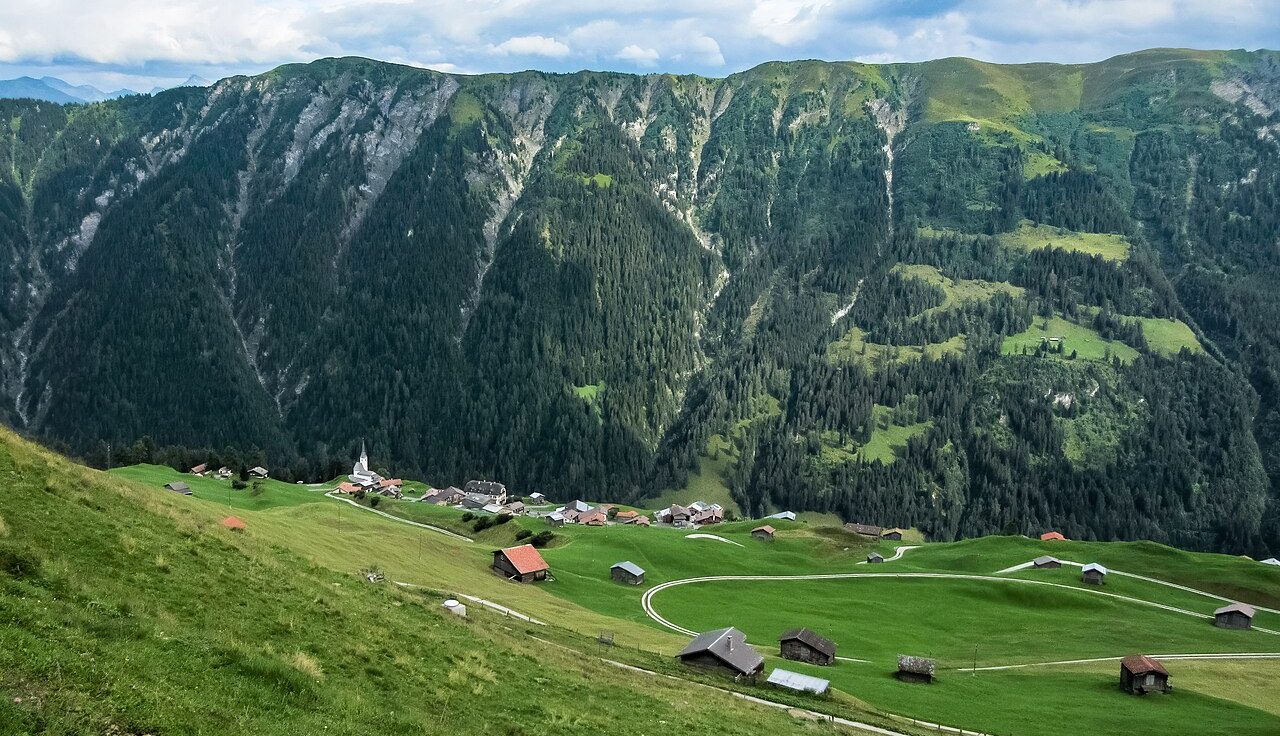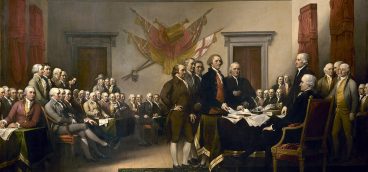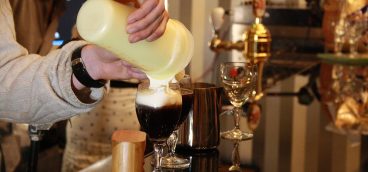Goldie, Part III

No military plan survives the first contact with the enemy. von Moltke the Elder
I’m describing how a lawyer conducts a gold inventory, just in case some of my readers might need help with their bullion in the future.
Previously in this series: The Routine of Gold
After we completed the inventory at the little bank in the first tiny alpine village, Bolding, Patterson and I went back to the hotel to rest up from our labors.
Later we met for dinner in the hotel dining room, where I had Zürich Geschnetzeltes mit Rösti for the second time in two days. It’s basically veal sliced thinly with mushrooms in a white wine sauce and served with Rosti, that is, Swiss-style hash browns. It sounds simple but it’s the Swiss national dish and it is positively to die for. One of the best parts of the meal is that the Swiss always serve seconds, set aside on a hot table next to you.
The next day we repeated everything at another tiny alpine village, and the third day was the same. As we drove into that third village I remarked, “Ah, another boring alpine village,” and Bolding said, “That’s redundant.”
It wasn’t until the fourth day that something interesting happened. We’d completed the inventory, had dinner, and I’d gone to bed around eleven. It seemed as though I’d barely closed my eyes when a loud racket woke me up.
I stared out my bedroom window at a very strange sight – four high school-age boys were pulling a hay wagon around and around the town square, as though they were horses or oxen. The boys were singing loudly and blowing on horns.
In the hay wagon were two kegs of beer. The boys all held steins of beer and were consuming it lustily. Much of the population of the village was standing around the square cheering the boys on, and most of them also held steins of beer, filling up every time the kegs came around.
Since I couldn’t sleep anyway, and since Swiss beer is very good, I took a glass from my room and headed downstairs (the hotel only had two floors). I asked the desk guy what was going on and he rolled his eyes.
“It’s draft day tomorrow,” he told me.
I knew that all males in Switzerland were subject to the draft at age eighteen and continued to serve, mainly in the reserves, until their mid-thirties (longer for officers). The front desk guy told me the village had a tradition that, the night before the boys headed off for basic training, they would get roaring drunk, make a lot of noise, and eventually pass out. Their limp bodies would be picked up the next morning by the army bus.
The guy clearly thought the tradition was stupid and annoying, probably because his hotel guests always complained about it. But I’d been drafted when I was young and we didn’t have any cool traditions associated with it, so I headed outside and joined in the fun.
Five or six beers later – Swiss beer really is very good – I went back to bed. It was still very noisy out in the street but for some reason I had no trouble falling asleep.
Back home, I met with Goldie and gave her copies of the signed inventory sheets. Then, over tiny tea sandwiches – next time I was going to bring a Big Mac with me – I gently raised the question of why her gold was stored in five remote villages when there were a whole bunch of terrific vaults right there in downtown Zurich.
Goldie launched into a long story, but the essence of it was that when she’d first started buying gold bullion and visiting Switzerland regularly, she’d taken out a subscription to a Zurich newspaper (the Neuer Zürcher Zeitung) so she could keep her German language skills sharp.
One day in the early 1950s she was reading an interview with a senior Swiss general who was defending the army’s strategy in the event of a Soviet invasion. In those days many people were worried that the USSR planned to seize the countries in Europe they hadn’t already subjugated – and little Switzerland was a mere five hundred kilometers from the Iron Curtain.
The Swiss knew that they were no match for the Red Army, so the military’s plan was to pull back into the Alps and hold out there until the Americans could come and save them.
At that time Goldie’s bullion was held in vaults in Zurich and she was horrified to learn that the Swiss army had no intention of protecting it from ”the smelly Russians,” as she put it. Hence she’d moved her gold to the mountains. As much of a pain as it was, I couldn’t argue with her logic.
Then, the following year, I went through the same drill, visiting the little villages and inventorying the gold, this time with Dr. Brenner. I drank a lot of Swiss beer and ate a lot of Geschnetzeltes mit Rösti and had a lot of second servings. Since I knew it would take five days to complete the inventory, I’d arranged to fly to Geneva on the sixth day, have some meetings there, then take the train to Lugano.
I’d finished my meetings at Pictet & Cie, a private bank in Geneva, and we headed upstairs to the partners’ dining room for lunch. A partner in the firm joined our table and we made small talk for a while. I then regaled them with my story of visiting five remote mountain villages to conduct a gold inventory, and when I’d finished the partner laughed and said, “Your client must be quite an eccentric gentleman!”
“Gentlewoman,” I corrected, and while I admitted that she was a bit eccentric I pointed out that she had a solid rationale for her odd choice of bank vaults – the Swiss military strategy to pull back into the mountains in the event of a Soviet invasion.
The partner looked confused, then leaned across the table toward me and said, “But Dr. Curtis, that hasn’t been our strategy since at least 1959!”
Next up: Goldie, Part 4















